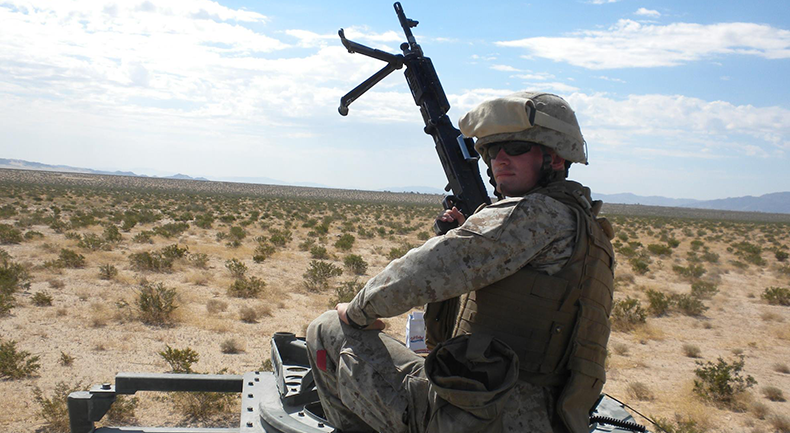About Us
We are the only emergency ambulance service in greater Wellington and the Wairarapa, and the only ones in the country who are free.
We are the only emergency ambulance service in greater Wellington and the Wairarapa, and the only ones in the country who are free.
What we doOur news
ANZAC Day with Nick Ridley
ANZAC Day with Nick Ridley
 09 April 2018
09 April 2018
As ANZAC Day fast approaches and we remember those who served and died in all wars, conflicts, and peacekeeping operations, a number of Wellington Free Ambulance staff will be remembering their time in the military and those men and women they served alongside who gave everything to try and make the world a better place.
One of those staff members is Nick Ridley.

Nick’s great-grandfather was a member of the New Zealand Division during World War I and served on the Western Front at the Somme, Messines, Passchendaele, and Les Quesnoy. Following in his grandfather’s footsteps he spent a few years in the New Zealand Defence Force before becoming a Marine in the United States Department of Defence. During this time he served in countries including Tonga, Thailand, East Timor and Afghanistan.
“When you mention the military the first thing most people think of is guns and explosions but the truth is during my time as a soldier I spent more time doing humanitarian work than handling guns” says Nick.
“It’s the small things like delivering food and building supplies to flood victims in South East Asia, or constructing schools and hospitals in the Middle East that make a big difference in the world.”
Nick explains that one of the common motives he’s seen among soldiers is the eagerness to make the world a better place. And whilst individually each solider may have a different idea of what that means, they all see problems in the world and are willing to make great personal sacrifices to fix them.
With that motive comes a huge crossover between the military and the ambulance service with a large number of ambulance staff being ex-military. Paramedics are problem solvers. From organising a follow-up house call for a patient who cannot access a GP to helping an elderly patient who is trapped on the floor inside a locked house. Paramedics identify and solve problems with care and compassion. Providing service to their community, and consistently going above and beyond expectations.
“I remember the day I left the army; my Sergeant Major shook my hand and simply said “make us proud.” Those words have stayed with me to this day. Nowadays I wear a different uniform but I’ve always viewed my role as being relatively the same. I’m here to help people in difficult situations and I’ll do whatever I can to achieve it” says Nick.
Whilst Nick often looks back on his time in the military with fond memories, he believes his decision to leave was the right one, “I’m very much one of the lucky ones who still has the opportunity to enjoy all the things that civilian life has to offer”.
Nick says there’s a saying in the military of “all gave some, some gave all” and this year during ANZAC Day Nick will be thinking of the men and women who gave everything to try and make the world a better place.
“I’ll think about my great-grandfather and the things he went through in World War I. I’ll think about my military friends who are no longer with us and most importantly I’ll think about how I can continue to live my life in a way that honours the sacrifices they made”.